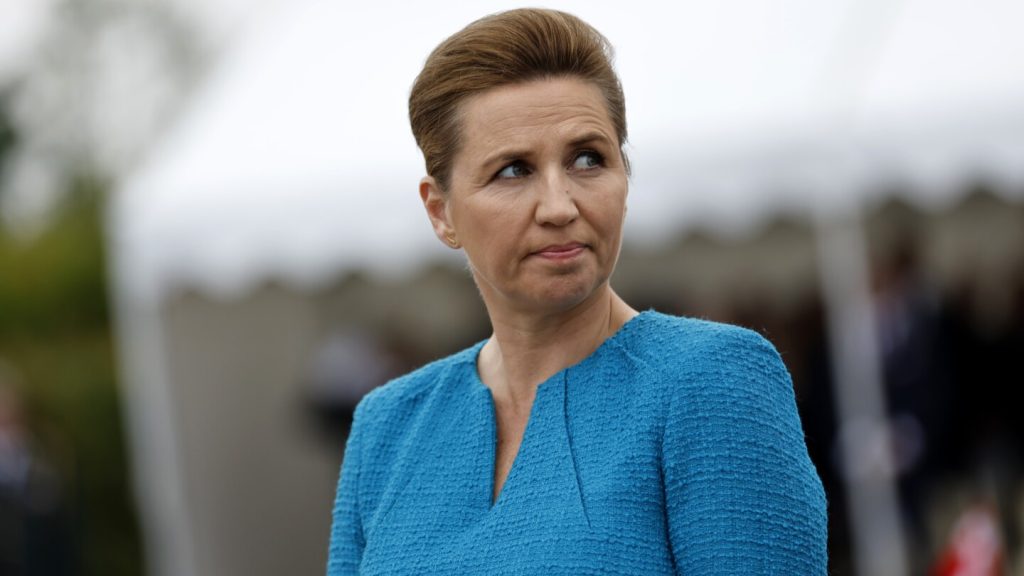Denmark’s three-party centrist government announced on Wednesday the creation of three new ministries, including one focused on emergency preparedness. As Denmark prepares to take on the rotating EU presidency in 2025, a minister in charge of European Union affairs will also be appointed. Following in Sweden’s footsteps, Denmark will also have a minister responsible for emergencies, climate change preparedness, or cyberattacks. The third new minister will oversee the implementation and coordination of Denmark’s green policy, aiming for a 70% reduction in emissions by 2030 and achieving net zero by 2050. Prime Minister Mette Frederiksen expressed hope that these changes will inspire other countries to prioritize environmental sustainability. The specifics of the reshuffling, including redundancies in the current 23 ministries, will be announced when the new government is formally presented to King Frederik X.
On the same day, Prime Minister Frederiksen nominated Dan Jørgensen, Denmark’s 49-year-old climate minister and former Social Democratic member of the European Parliament, as the country’s candidate for the new EU commissioner. Jørgensen will need to be vetted by the European assembly, comprised of 720 members, before assuming the role. Frederiksen, 46, has been leading the Social Democratic Party and serving as Denmark’s prime minister since 2019. The majority government, formed in 2022, consists of her center-left Social Democrats, the center-right Liberal Party, and the newly established centrist Moderate party.
The announcement of new ministries and the nomination of Jørgensen come at a crucial time for Denmark as it gears up for the EU presidency and seeks to enhance its preparedness for emergencies and climate challenges. By appointing ministers specifically focused on EU affairs, emergencies, and green policies, the government is signaling its commitment to addressing pressing issues in these areas. The inclusion of a minister for emergency preparedness reflects a growing recognition of the importance of being ready to respond to crises such as natural disasters, cyberattacks, or climate-related emergencies. This strategic reshuffling aims to streamline governance and ensure effective coordination of policies across different key areas.
As Denmark positions itself for a leadership role within the EU, the nomination of Jørgensen as the country’s candidate for the new EU commissioner underscores its focus on climate action and environmental sustainability. Jørgensen’s background and experience in climate policy make him a fitting choice for this role, which will involve overseeing EU laws and trade negotiations on behalf of member countries. With the EU increasingly prioritizing climate targets and sustainability, Jørgensen’s appointment reflects Denmark’s commitment to driving forward the green agenda at the European level. The government’s decision to nominate him for this crucial position signals its confidence in his ability to represent Denmark’s interests effectively within the EU framework.
Overall, Denmark’s government is making significant moves to strengthen its governance structures, enhance its focus on key policy areas such as climate change, and position itself as a leader within the EU. By creating new ministries and nominating a candidate for the EU commissioner role, Denmark is signaling its ambition to play a proactive and influential role in shaping EU policies and driving forward the green agenda. These developments mark a strategic shift towards prioritizing sustainable development, emergency preparedness, and effective governance, reflecting Denmark’s commitment to leading by example and inspiring global action on pressing environmental and climate challenges.


